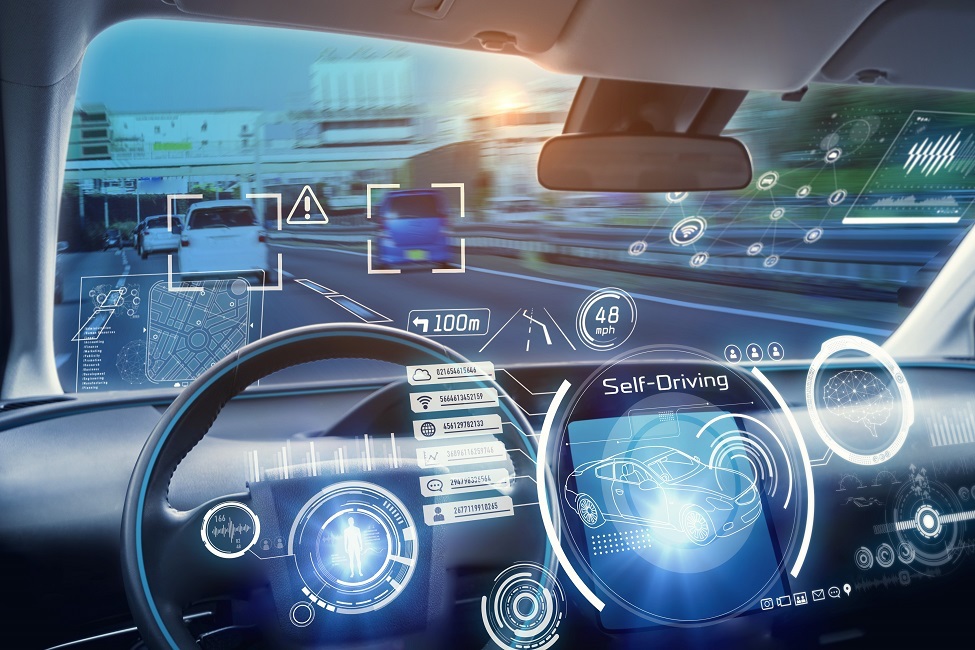
To help people trust self-driving cars, researchers may generally want to design autonomous vehicles that act like a less aggressive version of human drivers, a new study finds.
Recent studies have shown that people have negative attitudes about using autonomous systems because they don’t trust them, with human-centered approaches perceived as more trustworthy. This led scientists from Florida Atlantic University to ask whether passengers want self-driving cars to mimic their personal driving behaviors, or whether they hold autonomous vehicles to a different standard.
In the new study, the researchers asked 352 volunteers about their personal driving behavior, such as speed, changing lanes, distance from a car in front of them, acceleration and deceleration, and passing other vehicles. They also asked the same questions about their expectations of a self-driving car performing these very same tasks.
The scientists found most people preferred self-driving cars that drove like a less aggressive version of their own driving behavior. This desire for reduced aggression from a self-driving car depended on a person’s own level of aggression during driving. For example, the study found male drivers were more aggressive drivers than female drivers, and their expectations for self-driving cars were accordingly slightly more aggressive.
The researchers also found that current attitudes toward artificial intelligence, autonomous technologies and self-driving cars had an effect on people’s expectations of a self-driving car. Volunteers who reported they trust or somewhat trust these technologies “would want a car that matched their personal driving behavior,” Mehrdad Nojoumian, director of Florida Atlantic University’s Privacy, Security and Trust in Autonomy Lab, said in a statement.
All in all, these findings could help construct driving models for autonomous vehicles.
“The closer the automated vehicle dynamics are with those of a manually driven vehicle, the more likely that the comfort level of the automated vehicle user will improve,” Stella Batalama, dean of Florida Atlantic University’s college of engineering and computer science, said in a statement. “Results from this study can be considered by engineers, computer scientists and researchers, and will be useful in developing certain profiles or settings for self-driving cars, and overall can help in designing one that is perceived as trustworthy by passengers.”
The scientists detailed their findings in July at the Third International Conference on Human-Computer Interaction in Mobility, Transport and Automotive Systems, where their work received the Best Paper Award.

